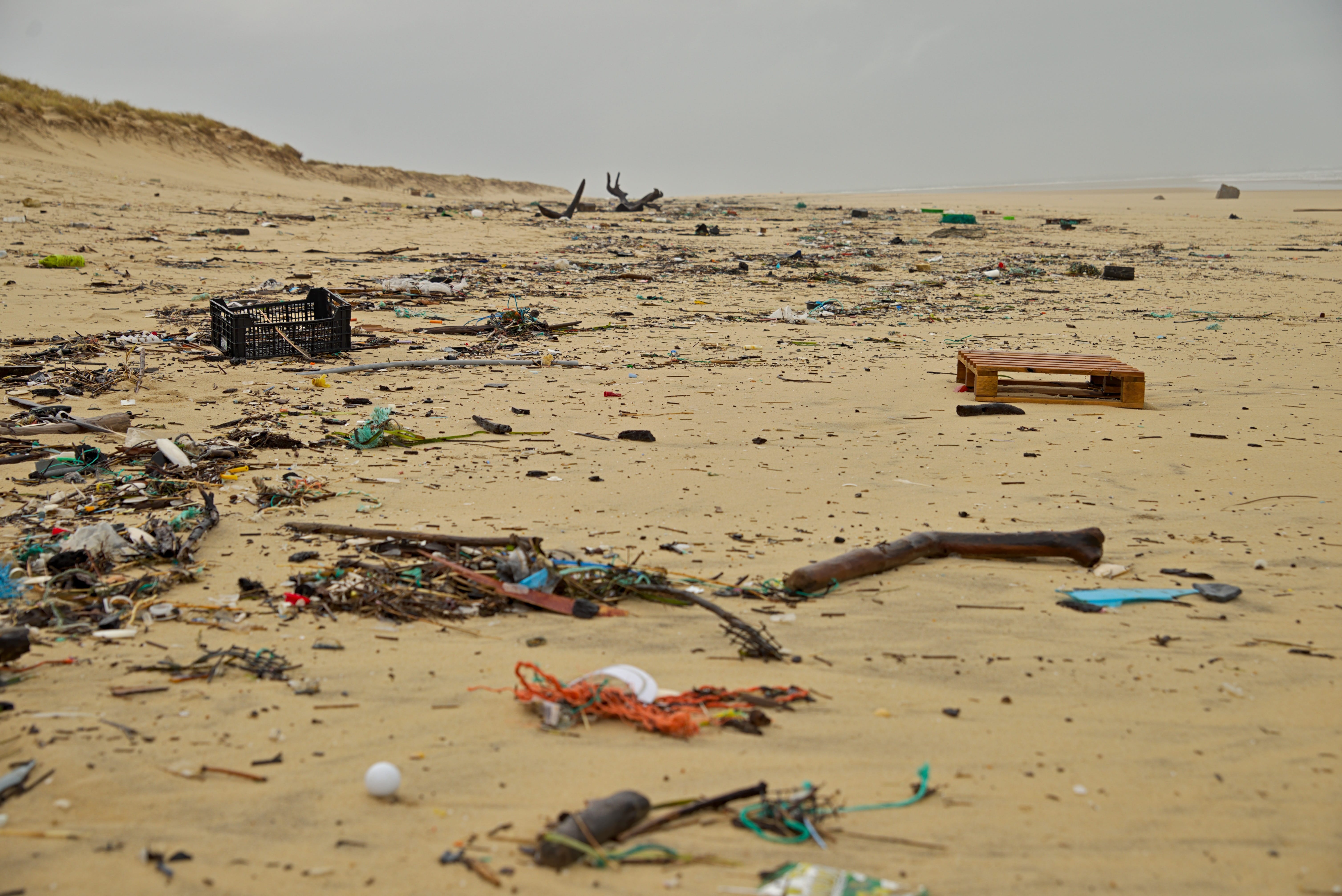Cleaning our environment of plastic waste

A trillion plastic bags are used every year and they are only used once. This is equivalent to two million bags per minute. Different countries have different rules regarding plastic use, but all the countries of the world should strive to cut down the use of plastic.
Plastic exists all over the world. It is a fantastic material that has benefited society. At the same time, plastic has caused the death of innumerable animals and plants and has devastated the beauty of the planet. If plastic is recycled properly, most of these problems would not exist. However, we live in a consumerist society and we are wired to throw things away.
The main motivator to ban plastic bags and containers is to lessen the amount of plastic that ends up in the sea. International statistics show that around 94 per cent of all birds have plastic in their stomach and it also exists in the stomachs of endangered species. At least 267 different species of animals have suffered because of indigestion or because they got entangled in plastic.
It is no secret that plastic bags cost money and we should pay for their use over the years. The mentality in Malta is changing and the majority of consumers are taking their own bags with them when they shop at the supermarket; even shops are now hesitant to use plastic bags and are tending to put their merchandise in paper bags before passing it on to the consumer.
New rules that were proposed by the European Commission last week target plastic items that are used only once which can mostly be found on the European coast and seas. These items add up to 70 percent of all the waste that ends up in the sea. The regulations, among others, can prohibit plastic cotton buds, cutlery, plates, straws, items used to stir liquid in glasses and sticks made for balloons.
Malta, an island at the centre of the Mediterranean, should take up the European Union initiatives and spearhead the implementation of the policy of zero tolerance to plastic waste. Let us take the initiative and not let other European member states take the reigns on this.
In the meantime, while the competent authorities in our country are busy clearing up plastic waste, let us all accept personal responsibility for saving our planet.
